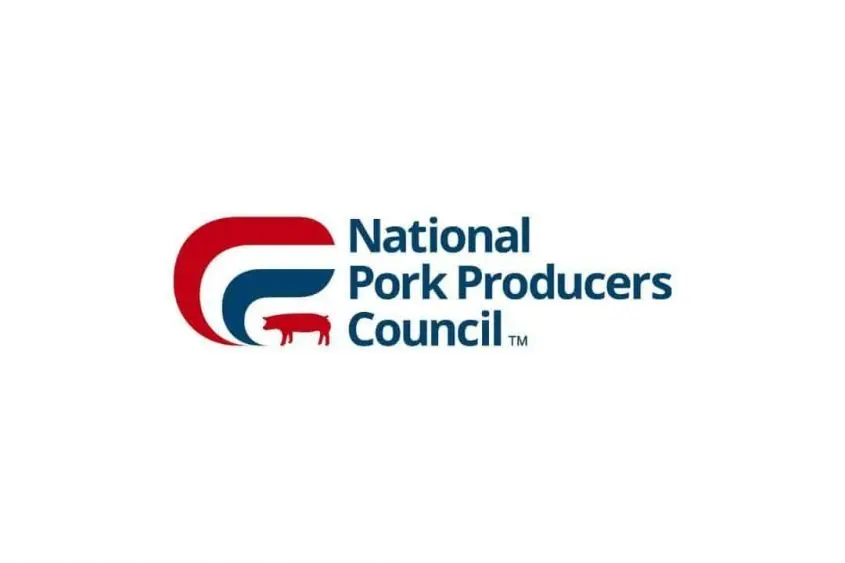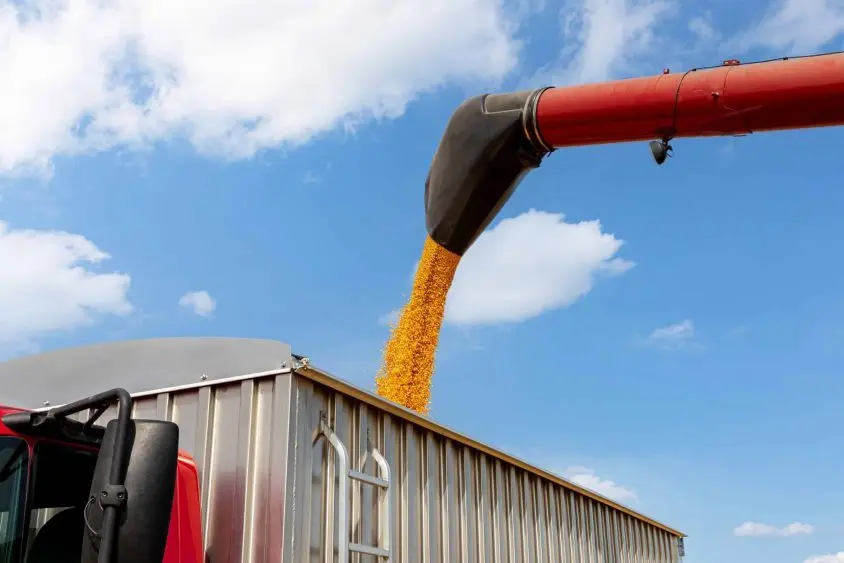Washington, D.C. — The U.S. Environmental Protection Agency’s longstanding Meat and Poultry (MPP) Effluent Guidelines and Standards will stand, as EPA Administrator Lee Zeldin announced that proposed changes to the regulation are unnecessary. In reaching its decision, EPA determined existing federal wastewater regulations under the Clean Water Act are effective and the burdens that proposed changes would inflict on meat and poultry processors are unwarranted.
Duane Stateler, National Pork Producers Council President and pork producer from McComb, Ohio, said “The National Pork Producers Council applauds the Trump administration and EPA Administrator Zeldin for taking a commonsense approach on the Meat & Poultry Processing Rule. As proposed by the previous administration, this rule—which provides no environmental benefits—would have been devastating to small- and medium-sized meat processors across the country and the livestock farmers who rely on them as markets for their animals. EPA’s action will save not only the nearly 100 local meat processors that EPA itself identified would have to close down but also the thousands of family farmers who rely on them to stay in livestock production, and it will help ensure affordable, nutritious American-grown pork can continue to be served on dinner tables across the country.”
The decision closes the book on a nearly two-year comment and consideration process in which the National Pork Producers Council and other stakeholders have worked with EPA to better inform the agency’s decision and preempt unnecessary harm. The more-stringent permitting guidelines under CWA would have packed a significant punch for meat processors, requiring them to upgrade facilities and install costly new wastewater treatment technologies, impacting meat and poultry packing and processing plants nationwide. EPA’s own internal analysis showed that dozens of facilities, likely small and medium-sized, would be unable to afford these changes and shut down. Overall, the industry would have realized additional costs estimated at greater than $1 billion a year.
EPA first enacted the Meat and Poultry Products Effluent Guidelines and Standards in 1974 and amended the regulation, which covers wastewater directly discharged by processing facilities, in 2004. The proposed amendment would have established more stringent technological requirements for controlling discharges from processors and significantly increased the scope of plants that were covered by the rules.
While the agricultural industry and the meat and poultry processing sectors support clean water efforts, EPA found these expansions were unnecessary. NPPC appreciates EPA taking no action on the proposal, which would have disrupted packing capacity and livestock markets, in turn inflicting additional financial harm on producers and leading to further industry concentration and the loss of independent farmers.





